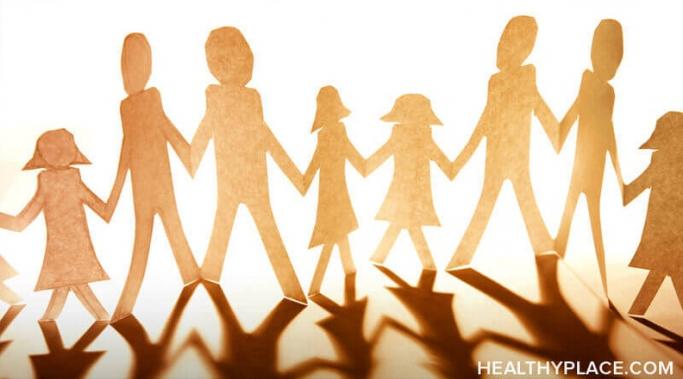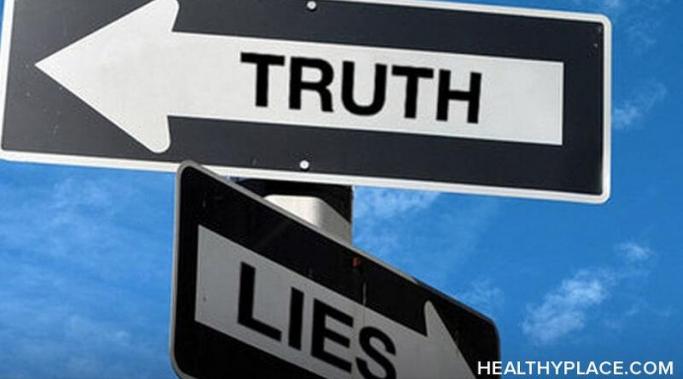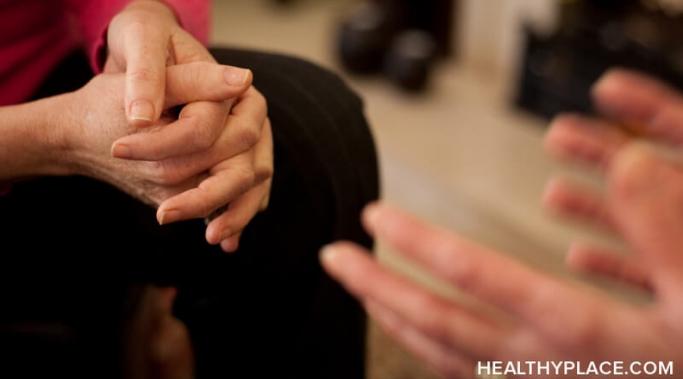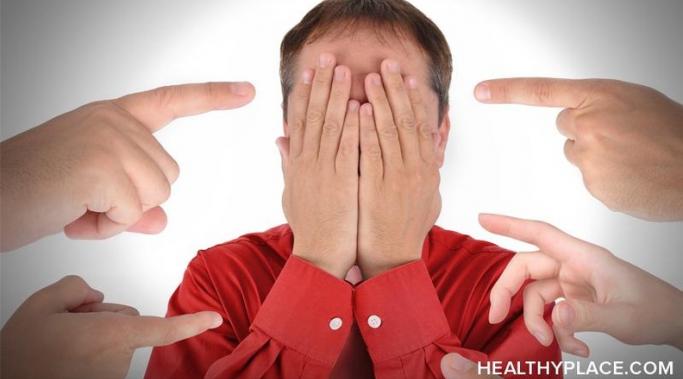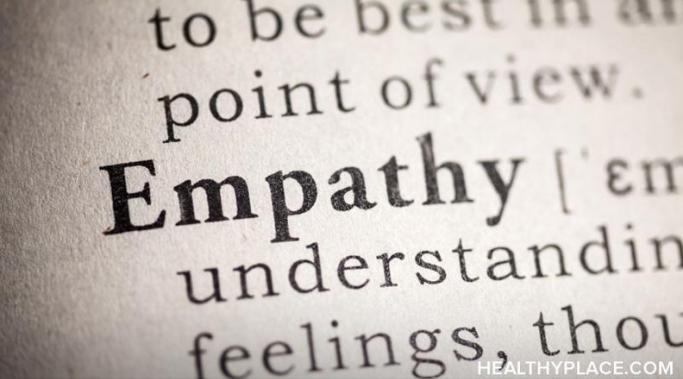Speaking up against abuse can be especially difficult for anyone who has been a victim of repeated verbal abuse. Although I find it easy to be the voice for others when I see an abusive situation, it's entirely different for me. I have often faced circumstances when I knew I should have said something and defended myself but could not find my voice. I still struggle to have the same strength I give to others vulnerable to abuse.
Verbal Abuse in Relationships
Recently, I've had to visit doctors regarding my physical health. Usually, I am fine with these mundane appointments, but one particular incident left me shaken and upset. However, it wasn't because I wasn't prepared or something went wrong. Instead, I felt unseen, unheard, and minimized by how the specialist talked to me during my visit.
The holiday season can bring feelings of community and love, but for many estranged verbal abuse victims like myself, it's a reminder that there are family members who are no longer part of their lives. Avoiding a verbally abusive situation benefits the individual but can also bring emotions of loneliness and exile with estrangement.
As I work through my healing journey, I've noticed some specific triggering elements that leave me feeling uncomfortable. Even as a young child growing up, I remember the emotions of mistrust and suspicion when trying to determine if someone's words and actions were genuine. My trust issues from child abuse made it almost impossible to tell the difference between a lie and a joke.
Facing verbal abuse can be traumatic for anyone, especially when it continues for years, like in my experience. After existing in a world that includes regular abusive treatment, it can be difficult to see past your own painful situation.
Although therapy has immensely benefited me, I've learned it is okay to take a break from therapy. There were times I did not want a break. Sometimes I counted down the days until my next appointment, feeling like it would never arrive. During my darkest days, I talked to a therapist every week, sometimes multiple times a week. However, I also experienced times when I didn't want to talk about my feelings or work through any issues at all. At times, I was not motivated to do the internal work I knew I had to do.
Being the victim of verbal abuse can create vulnerabilities in several areas of life. I know that I still experience negative feelings of vulnerability even though I am no longer in an abusive situation. Thankfully, I am learning how to properly be vulnerable without making myself a target for further abuse.
Being the victim of verbal abuse can bring with it many dynamics. My overwhelming sense of responsibility is one contributing side effect of suffering verbal abuse through the years. This emotion includes feeling accountable for the abuse I endured, thinking that I have to be responsible to make everything better, and I am unable to trust that other people will do the right thing, so I must handle everything myself. Unfortunately, the continuous feeling of responsibility eventually leads to survivor burnout and an overwhelming sense of inadequacy.
The ongoing side effects of verbal abuse can be complex and last for years. One exceptionally painful emotion that still resonates with me, even decades after, is guilt. It can be hard to move past it, and it may also invite its close friend, shame, to the party.
There was a time in my life when I was irate and unhappy with my environment and everyone around me. I would lash out at the slightest inconvenience and feel justified in my actions because of my trauma. I continued this behavior until I started therapy. After years of extensive therapy, I've realized those actions were not helpful, and I feel more empathy after verbal abuse than before it.
